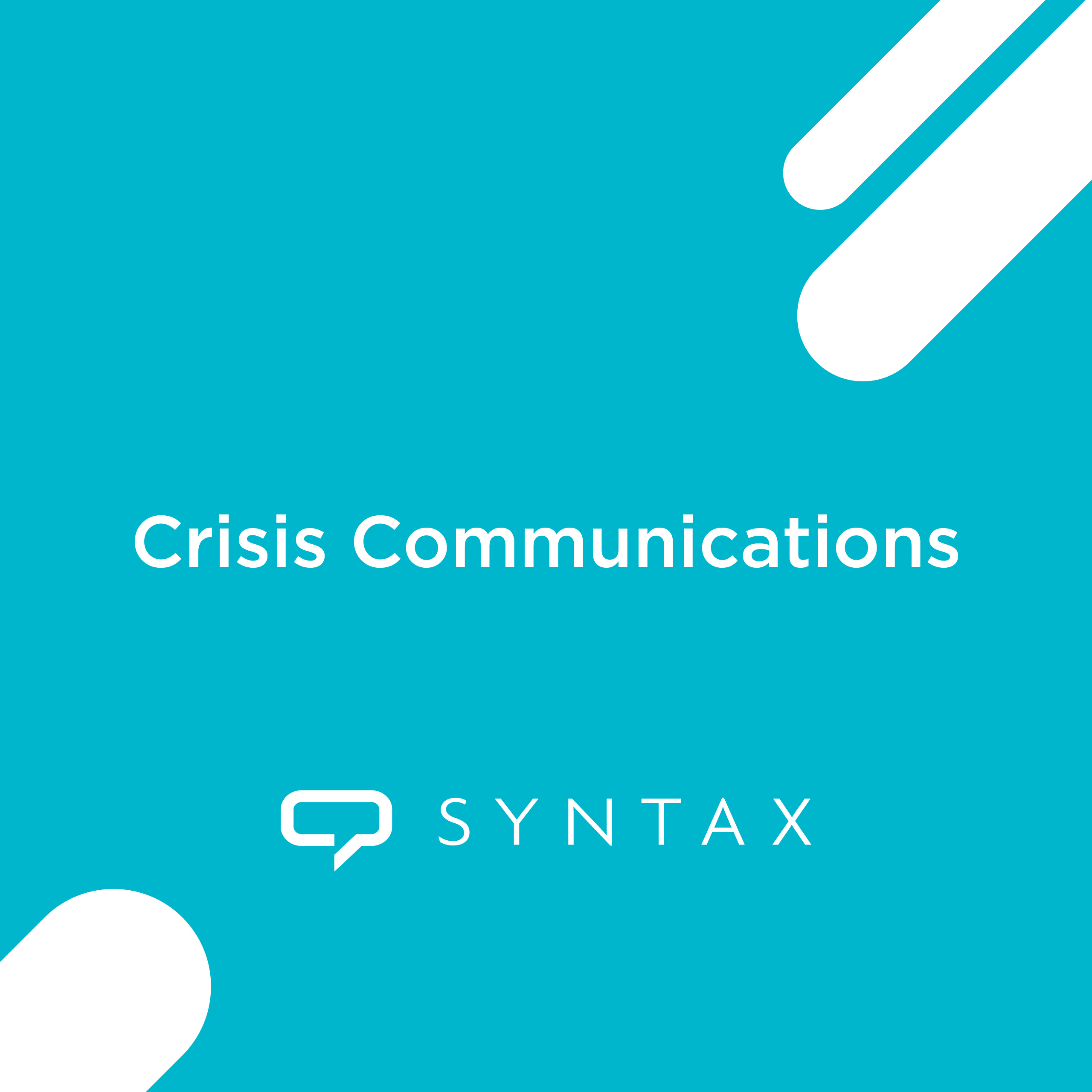Insights | Blog
Q&A with Jennifer Stewart: How Organizations Can Manage a Crisis Effectively
Q: Jennifer, what’s the first thing an organization should do when facing a crisis?
Jennifer Stewart: The very first step is to stay calm and establish your end goal immediately. Ask yourself, "What’s the best possible outcome here?" A clear vision of the endpoint is critical because it anchors every decision and communication that follows. With that end in mind, you can start to form a plan that’s both strategic and responsive.
Q: How important is transparency in crisis management?
Jennifer Stewart: Transparency is essential. Organizations that try to avoid or obscure the truth often face greater backlash, which can cause lasting harm. Being open about the facts, even if they’re difficult, builds credibility and trust. Of course, timing and wording matter, but transparency must always be part of the equation. Audiences today expect honesty; anything less feels disingenuous and will likely worsen the situation.
Q: What role does having a clear message play during a crisis?
Jennifer Stewart: A clear, consistent message is non-negotiable. In times of crisis, people are often already anxious or confused. Organizations need to simplify the message, so it’s easy to understand and doesn’t create more questions. Make sure every spokesperson is well-prepared and knows the message by heart to avoid missteps that could harm your organization’s credibility.
Q: How can organizations manage the need for speed over bureaucracy in a crisis?
Jennifer Stewart: Speed matters more than ever in a crisis. The longer an organization waits to address the issue, the more they risk others defining the narrative. Of course, the need for accuracy can be at odds with speed, especially in highly regulated fields, but cutting down bureaucratic delays is crucial. Leaders should empower decision-makers to act and have a rapid approval process ready so messages can go out promptly and accurately.
Q: How can organizations ensure a sense of urgency while maintaining control?
Jennifer Stewart: It’s all about preparation. Have a crisis plan in place before a crisis even begins. This plan should outline who’s responsible for what, how decisions are made, and the approved messaging channels. A well-prepared team that knows their roles can respond quickly, keeping control of the narrative without panicking.
Q: What’s the final takeaway for organizations managing a crisis?
Jennifer Stewart: Focus on reaching the endpoint as quickly and effectively as possible. The faster an organization gets to the other side of the crisis, the sooner it can start rebuilding trust and moving forward. Every action, every message should be with that goal in mind.

